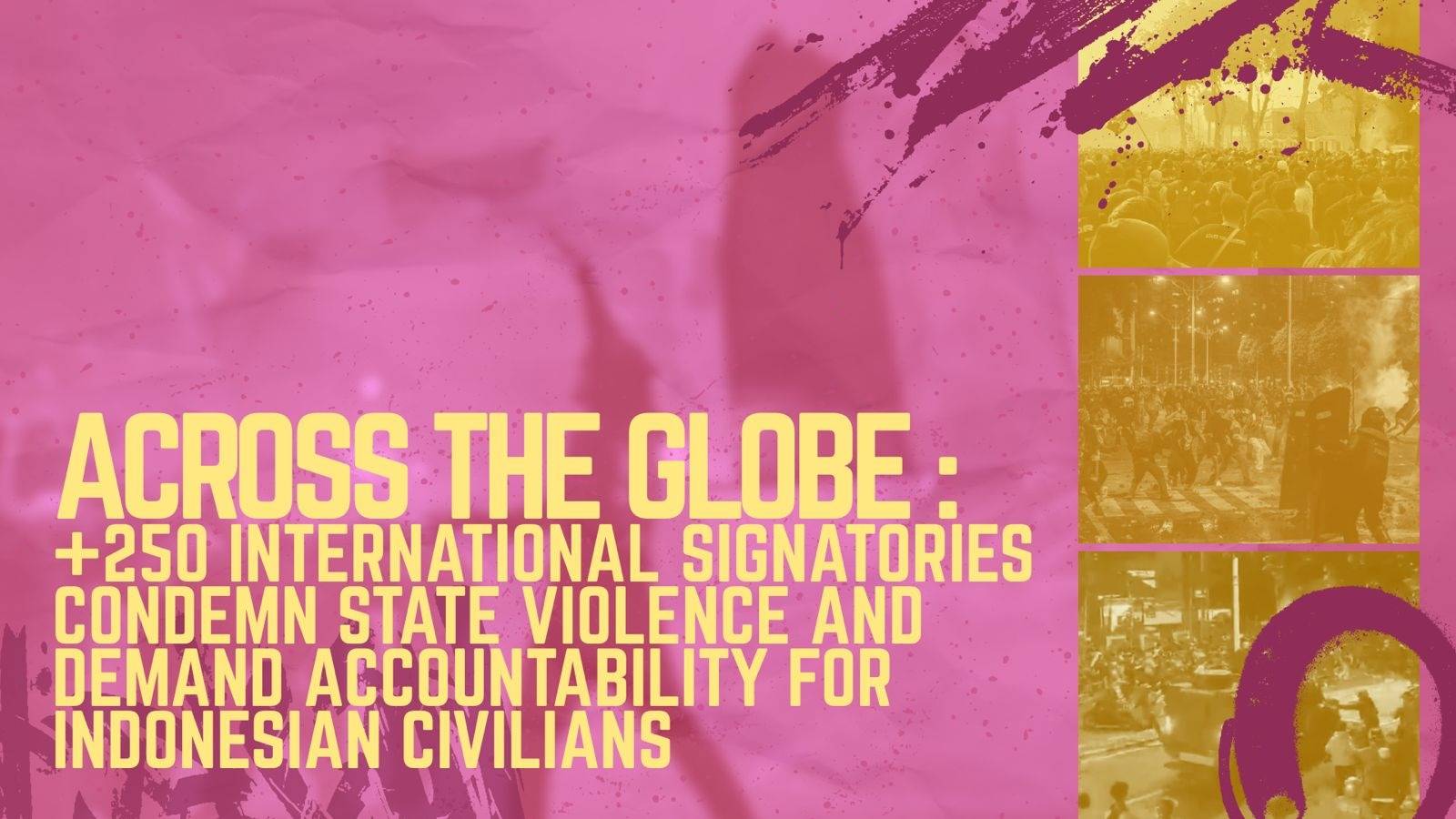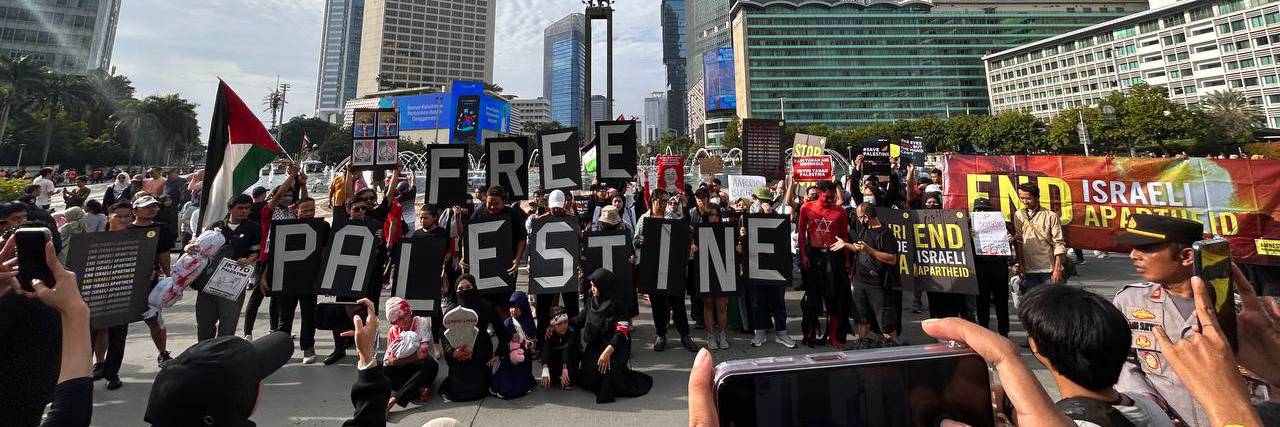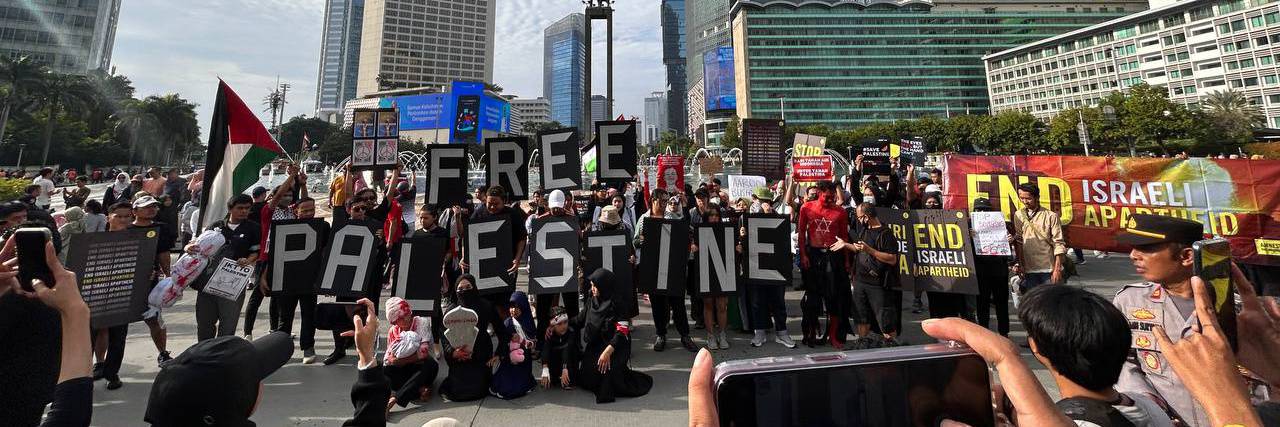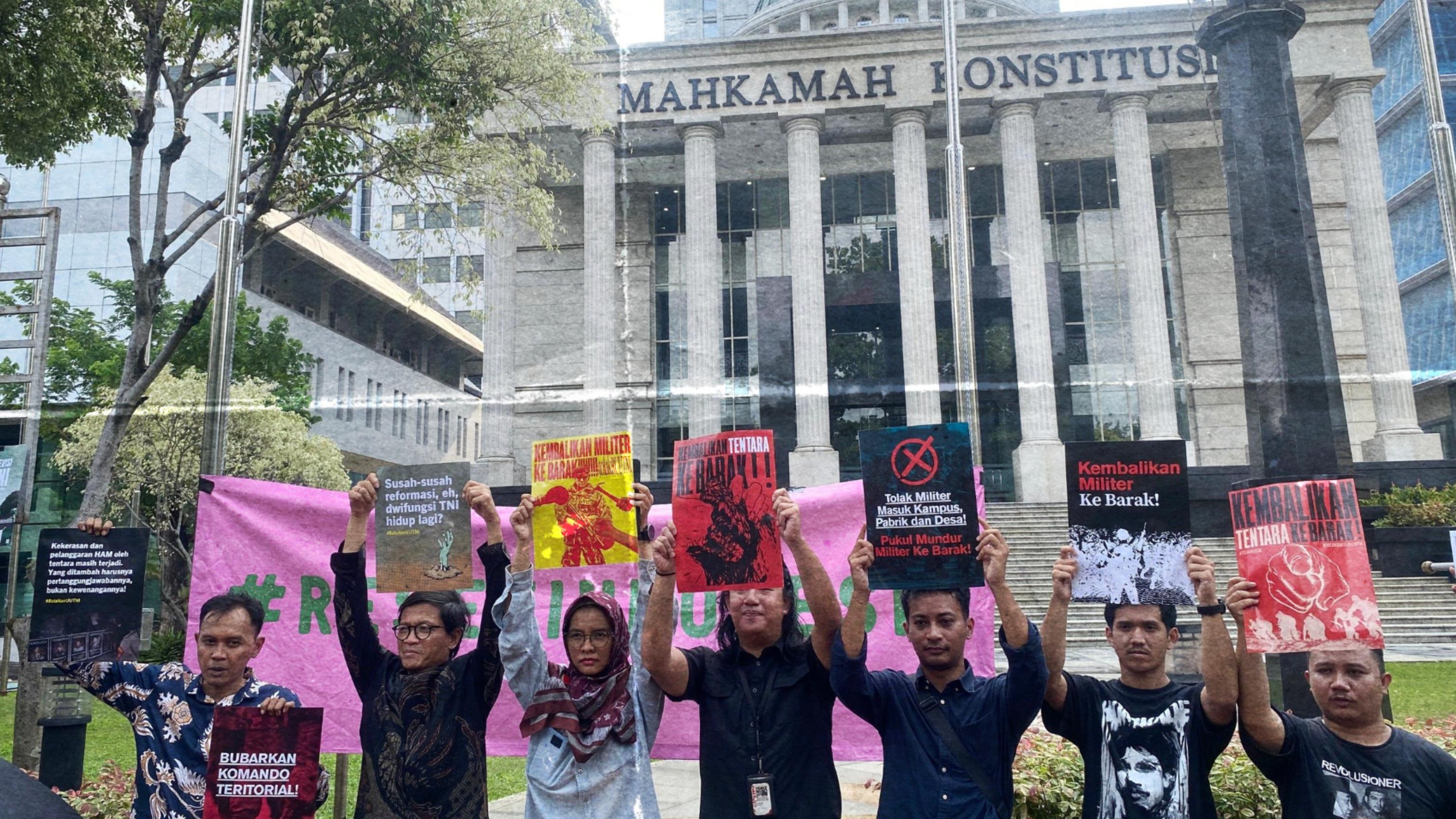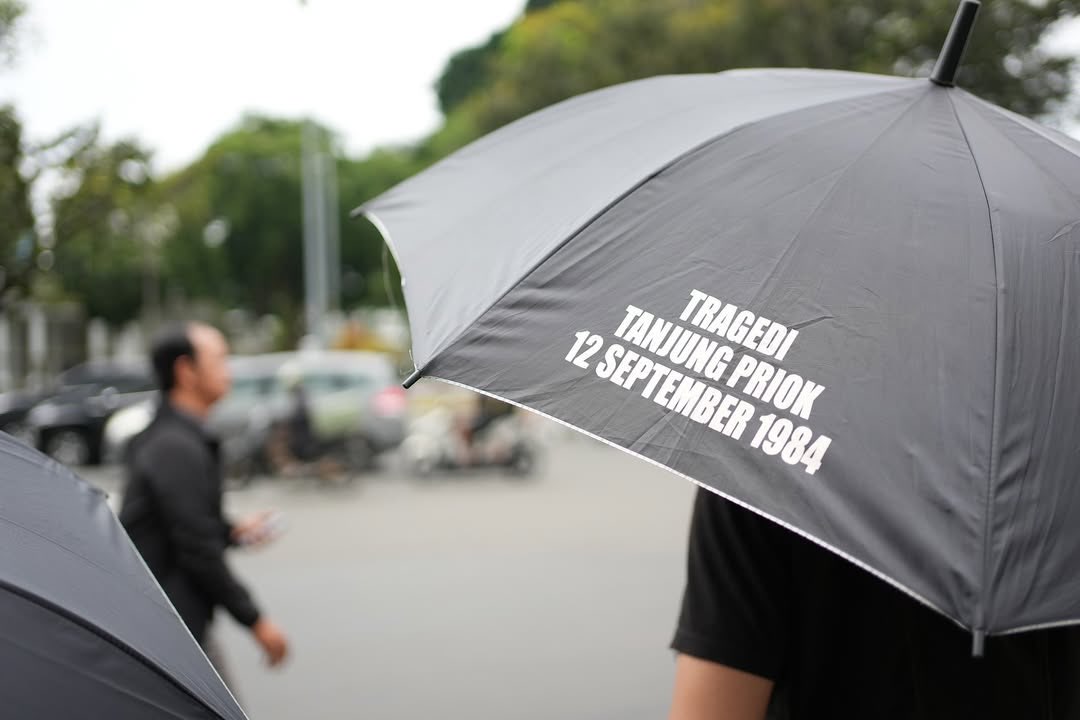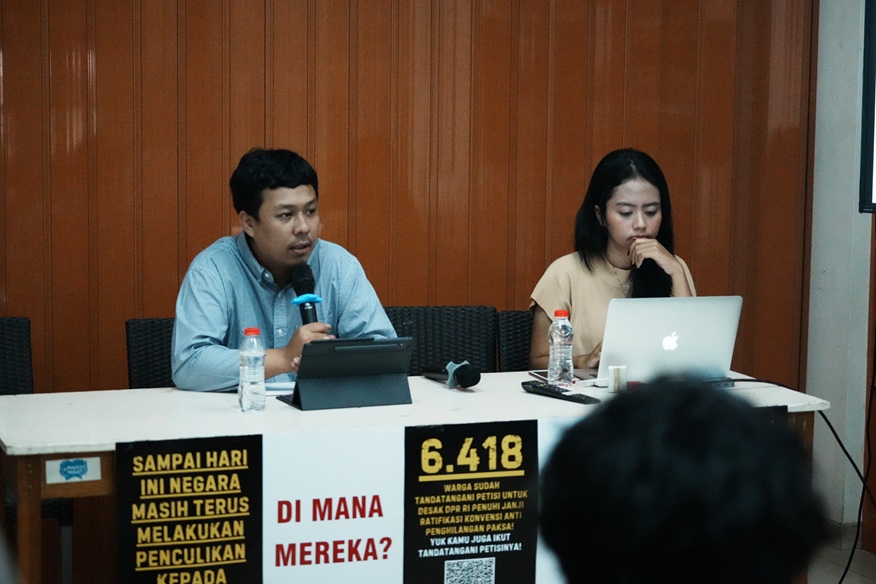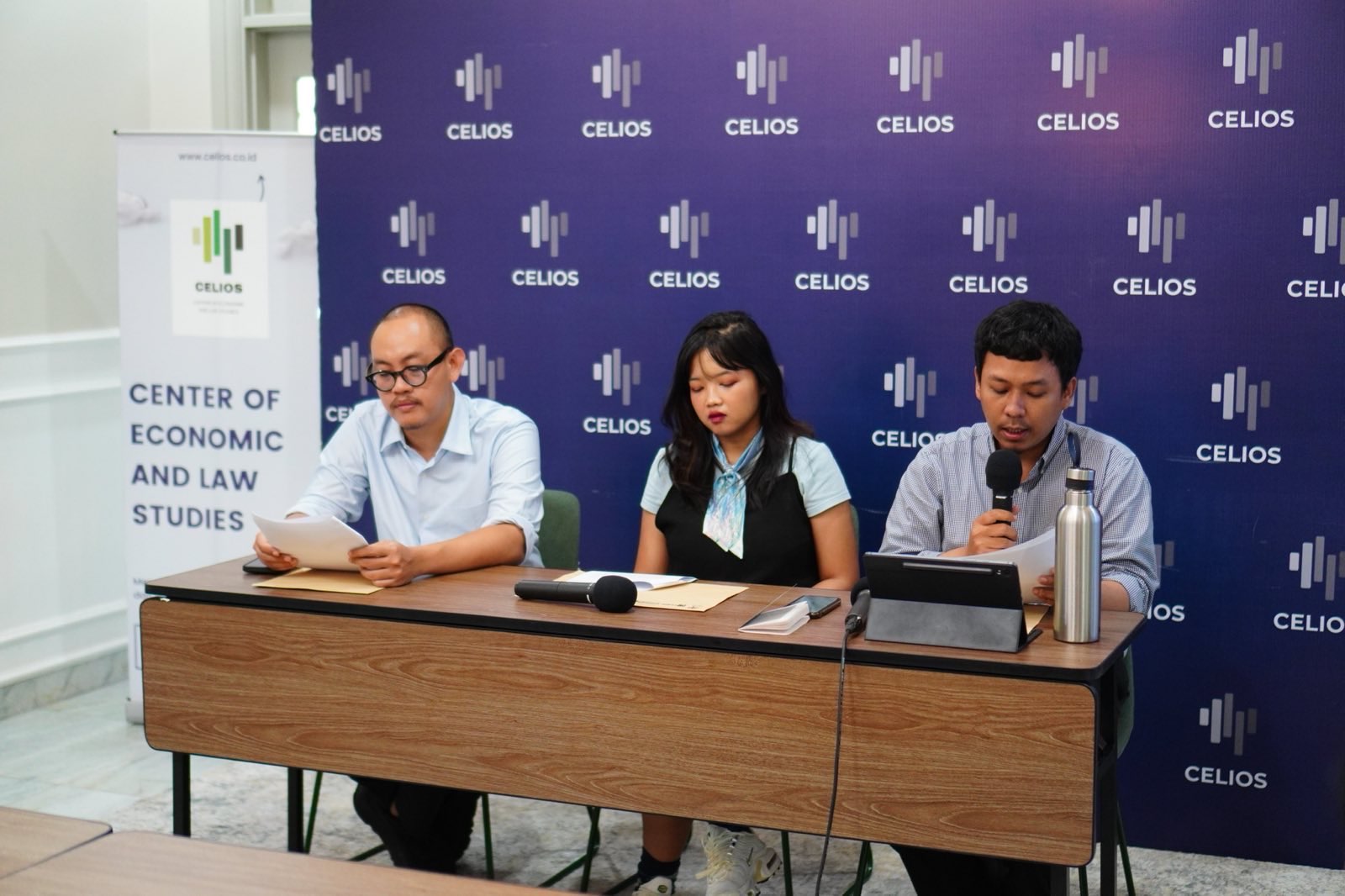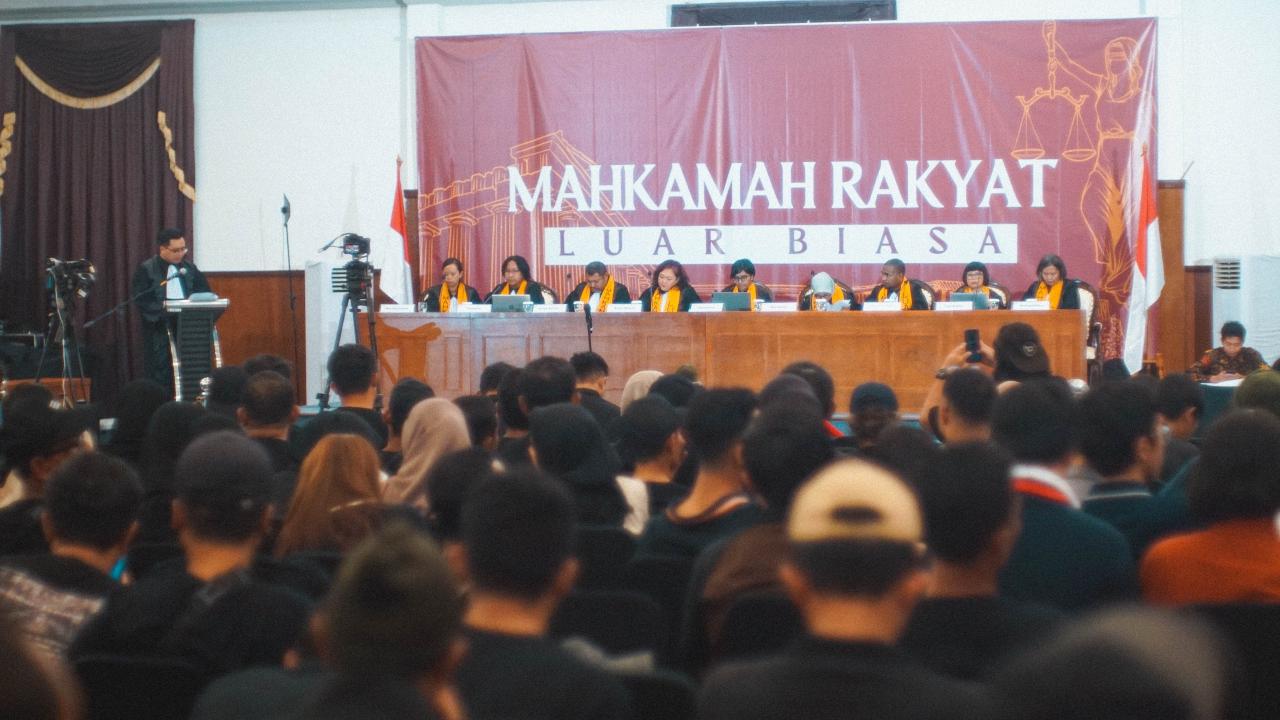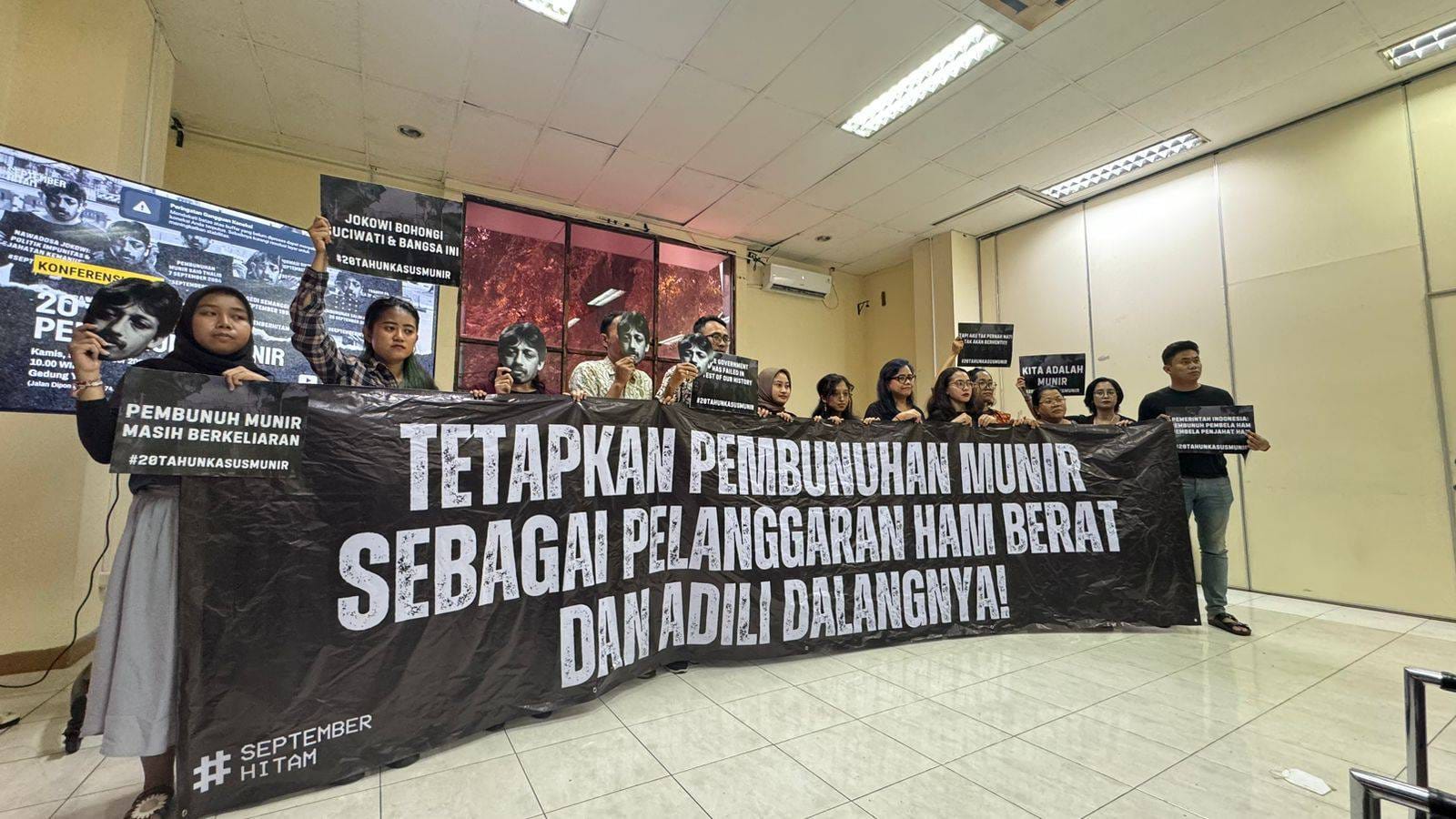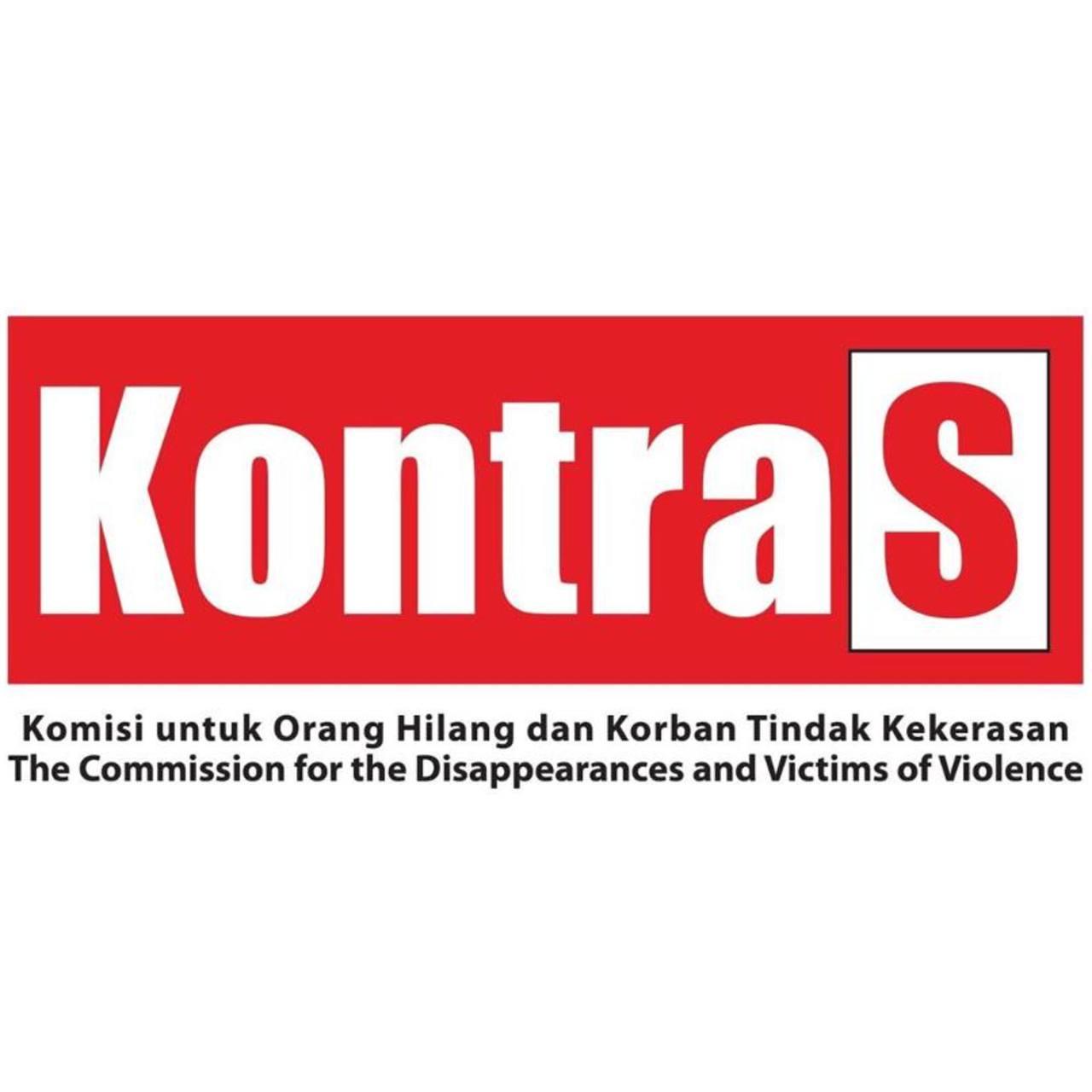On 28th and 29th August 2025, tens of thousands of Indonesian workers protested across provinces and sub districts such as Manokwari, Semarang, Solo, Magelang, Medan, Bengkulu, and Tegal with the epicenter of protest in front of the House of Representatives (DPR) in Jakarta. Protesters demanded a minimum wage increase of 8.5 - 10% for 2026, a halt to mass layoffs, the abolition of outsourcing, comprehensive tax reform, the enactment of a new labor law in line with Constitutional Court Decision No. 168/2024, as well as the passage of the Asset Confiscation Bill and revision of the Election Law. These demands reflect workers’ fundamental rights to decent work, social protection, and democratic participation.
Three days earlier, 25th August 2025, hundreds of students and civilians were protesting in front of the DPR building after the recent report that lawmakers had received several upgrades on allowances, one of which regarding monthly housing allowance for 50 million rupiah ($3,000 per person), which makes 10 times the minimum wage in Jakarta, while a period of massive layoffs for more than 80,000 labours, influx of more than 100% to property tax, as well as budget cuts for education and universities occurred in the same timeline. The Commission for the Disappeared and Victims of Violence (KontraS) documented that the demonstration ended with 12 injured civilians and 351 arbitrarily detained - of whom 196 were minors - and the use of water cannon as well as expired tear gas which indiscriminately affected residential areas.
The state apparatus' responses to the 28th and 29th August protest raised deeper grave concerns. KontraS documented a series of excessive use of force practices from the Indonesian National Police (Polri) which include acts of live bullet shootings, torture, assaults, arbitrary arrests, forced dispersals, and the uncontrolled use of crowd-control weapons. Hence, resulting in more or less 113 severely injured civilians, 3 deaths, and 734 arrests. These figures illustrate an alarming pattern of systematic violence against civilians exercising their constitutional rights.
One of the most tragic incidents occurred in Jakarta on 28 August 2025, when Affan Kurniawan, a young online ride-hailing driver and sole breadwinner for his family, was killed after being run over by a tactical vehicle of the Mobile Brigade (Brimob) during the protest. His death not only represents an arbitrary deprivation of life in violation of Article 6 of the International Covenant on Civil and Political Rights (ICCPR), but also illustrates the disproportionate and indiscriminate use of force by Indonesian security forces against civilians. The killing of Affan underscores how state violence directly targets ordinary citizens whose only “crime” was exercising their right to be present in a public protest space.
The use of excessive force, arbitrary arrests, and acts amounting to torture not only contravene Indonesia’s obligations under international human rights law including the International Covenant on Civil and Political Rights (ICCPR) and the Convention against Torture (CAT), but also directly violate Indonesia’s own national legal framework. In particular, Indonesian Regulation of the National Police Chief (Perkap) No. 1 of 2009 on the Use of Force and Perkap No. 16 of 2006 on Crowd Control explicitly require law enforcement officers to adhere to the principles of legality, necessity, proportionality, and accountability. The current practices reveal systemic breaches of these standards, undermining the rule of law and eroding public trust in state institutions.
For the worse, former Chief of State Intelligence Agency A.M Hendropriyono narrates that an actor outside Indonesia orchestrated the demonstration. It has been a stigmatization pattern that one of the main narratives set up by the state apparatus is CSOs’ involvement with international entities and how the organizations are perceived as the henchmen of foreign or western entities (antek asing).
The mentioned incidents are not isolated. Instead, they reflect a recurring pattern of police violence against peaceful assemblies in Indonesia, from past protests such as the Reformasi Dikorupsi in 2019, Omnibus Law in 2020, Peringatan Darurat in 2024, to demonstrations against National Strategic Projects such as Rempang in 2023 and Papuan protests. Each cycle of repression, characterized by excessive force, mass arrests, and impunity further entrenches a culture of fear and silences legitimate dissent. Such systemic abuse represents not only a failure to uphold democratic principles but also a deliberate attempt to delegitimize civic movements that demand accountability and justice.
A disturbing and recurring practice within this systemic violence is the pattern of enforced disappearances where demonstrators, especially students and young activists, are forcibly taken by state agents without acknowledgment of their whereabouts for hours or even days, often without concrete legal justification or due process. This tactic instills and mirrors the legacy of enforced disappearances from the 1998 authoritarian regime.
The lack of Indonesia’s accession to the International Convention for the Protection of All Persons from Enforced Disappearances (ICPPED) has created a legal vacuum, allowing such practices to persist with impunity. The state’s failure to ratify this international human rights standard eliminates critical safeguards to prevent recurrence, ensuring legal accountability, as well as protection from arbitrary state-led abductions.
Simultaneously, there are alarming efforts to suppress press freedom, also a form of mirroring from the past authoritarian regime. During the recent protests, the Indonesian Broadcasting Commission (KPID) on 28th August 2025 was documented to actively pressure media outlets to refrain from covering scenes of police brutality or other scenes from the protests as this state-led information blackout further impedes transparency. Thus, the state is combining forced disappearances with media censorship, replicating a dangerous 1998 pattern.
Thus, we civil society urge the Indonesian Government the following:
-
The National Police (Polri) is to immediately end the use of excessive force, ensure all crowd-control operations comply with Perkap No. 1 of 2009 and international human rights standards such as the UN Guidance of Less-Lethal Weapons and UN Code of Conduct for Law Enforcement Officials, and impartially investigate officers responsible for abuses.
-
The National Police Commission (Kompolnas) is to exercise independent oversight by launching an urgent inquiry into police violence on 28th August 2025 and recommend disciplinary and criminal sanctions.
-
Police Institutions (Polri and Kompolnas) and Indonesian Armed Forces (TNI) must cease all practices of enforced disappearances as well as short-term enforced disappearances and ensure prompt release and protection of all arbitrarily detained civilians.
-
The National Human Rights Commission (Komnas HAM) to conduct a prompt, impartial, and transparent investigation into all cases of torture, arbitrary arrest, and extrajudicial killings related to recent protests, and provide protection for victims and witnesses. The Institution should also intensify monitoring to specific components in the incidents such as the excessive use of crowd-control weapons including tear gas, batons, and rubber bullets, to tactical vehicles particularly in the incident where a ride-hailing driver was run over by a Brimob tactical vehicle during the demonstration.
-
The Indonesian House of Representatives (DPR RI) to ensure genuine legislative oversight by summoning the Chief of Police for public accountability hearings, demanding explanations for the unlawful repression, and guaranteeing that all future crowd-control operations strictly comply with national law and international standards. The DPR must also immediately expedite the deliberation and passage of laws safeguarding labor rights, social protection, and civic freedoms. As the very institution being protested by the people, the DPR cannot hide behind repression, it must face Indonesian civil society directly, listen to their grievances, and act responsibly to restore public trust. As the main actor being protested by civilians, the parliament should also directly face Indonesian civil society elements as the protest
-
The Indonesian House of Representatives (DPR) must immediately ratify the International Convention for the Protection of All Persons from Enforced Disappearances (ICPPED) and adopt necessary domestic legislation to prevent recurring practices of enforced disappearances, ensure timely and impartial investigations, and to hold all perpetrators accountable
-
The President of Indonesia publicly condemned police violence, guaranteed the protection of the right to peaceful assembly, and ensured Indonesia’s full compliance with its international human rights obligations, including the requirement that any trials related to the police violence during demonstrations be conducted in a transparent and open manner. The police should conduct evaluation in handling demonstrations by prioritizing a non-violent approach.
Sunday, 31 August 2025
The full document can be viewed here
Tags
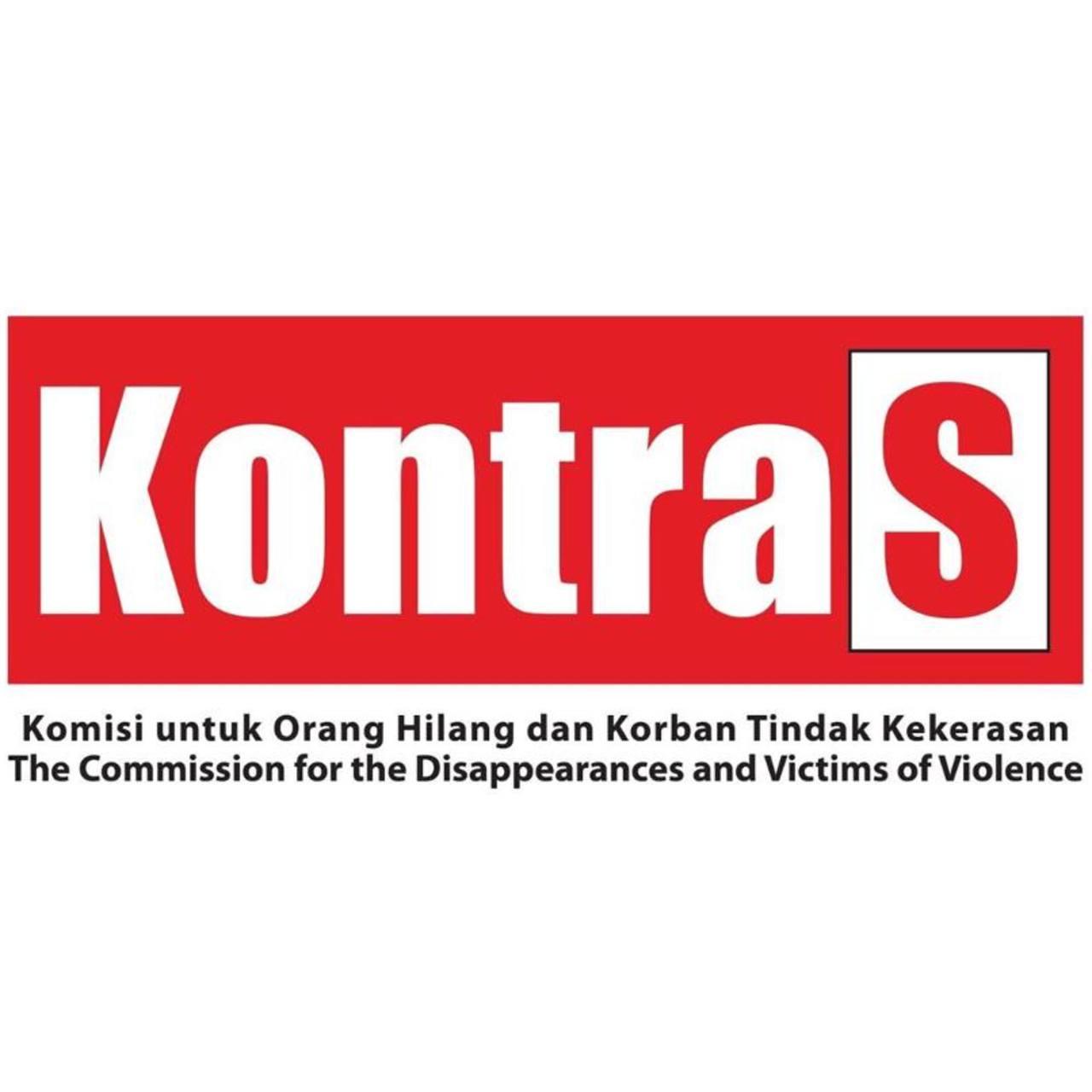
KontraS
Komisi Untuk Orang Hilang dan Korban Tindak Kekerasan

